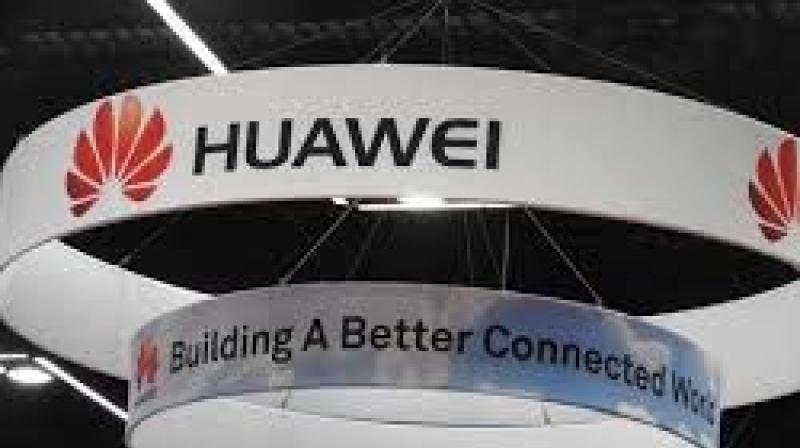Decision on Huawei should be based on country’s interest: Expert
Added to these challenges, is the recent US ban on Huawei over concerns of security.

BENGALURU: India made its decision to join the 5G connectivity in 2017, through its 5G India 2020 plan, with the aims of increasing GDP, creating employment, and digitization of the economy. The telecom industry is gearing up to develop the 5G ecosystem in the country.
However, due to delays in indigenous development, the race to lay India’s ambitious 5G connectivity is now dependent on foreign vendors such as Samsung, Ericson, Nokia and Huawei. India’s predicament got further complicated due to competing interests in spectrum distribution.
The 5G spectrum of 24GHz to 31GHz range, to be licensed, is now being contested between its full allocation for 5G services against its shared usage in satellite communications for security and other governmental agencies.
Added to these challenges, is the recent US ban on Huawei over concerns of security. It has asked its allies to restrict the operations of Chinese telecom major, which the US believes, could be used for spying.
Assitant Professor Amit Mukherjee from the department of School of Conflict and Security Studies, National Institute of Advanced Studies (NIAS) said, “Since India’s developmental aspirations are closely tied to the induction of the planned 5G services, hence the decision to deal with any firm must be weighed-in with larger national interests and benefits that outweigh any preponderancy of external directives, which have not gone through consensus of international mechanisms or through an acceptable evidence of breach.”
He, however, pointed out that “Even if the Indian panel decided to go through with such a ban in the future, the basis of such a decision should be primarily embedded within India’s own security concerns. The fact that certain systems from China have been under the shadow of suspicion, as reflected in global concerns, is no hidden secret. Thus a balance of both aspects, India’s security concerns and international developments, must be taken into consideration before a decision is made.”
The professor suggested that the UK model of segregating and distributing the implementation of Huawei systems in non-critical sections may also provide a viable approach.
“A further extension to this method, though at the cost of being experimental, would be to enact a mechanism where all government establishments, state and central, are excluded from using Huawei based systems. Further security recommendations should include having server locations within the country, all encrypted data to and from the network must be accessible to the Indian establishment and redundancies must be built-in with provisions to fall back to parallel networks,” he added.
“China’s continued foray into arming and siding with Pakistan against Indian interest will play into the decision to give fair consideration to China backed entities like Huawei. Although political goodwill is a provident currency in world diplomacy, hardcore security concerns should not be relegated to secondary priorities. Given the complex situation one can only hope that whatever decision is finally made, India as a user comes out at the top as the ultimate winner,” Mukherjee explained.

